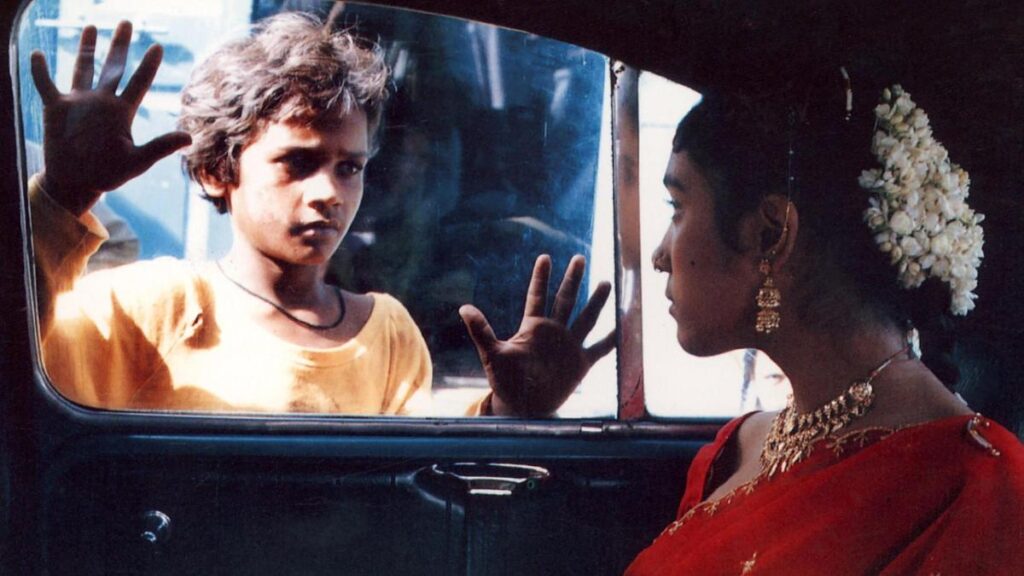Feminism is one of the many ideas that have been proposed in relation to numerous themes. In simple words, Feminism is an ideology which propagates an equal society for a better and healthier future of human beings.
Marxist feminism is primarily concerned with the analysis and explanation of the ways in which women are subjugated by capitalism and private property. According to Marxist Feminism, the contemporary capitalist economy does not value or recompense women’s labor.
Cinema and Marxism

The audience and cinema have a direct relationship. Sometimes movies are based on true events, and other times, events occur as a result of the influence of a specific film. It’s a two-way street.
Many films have featured Marxist feminism, sometimes as the central concept of the film, and sometimes in a subdued manner. However, the essential objective of showing such a subject remained the same, namely, to demonstrate how women’s enslavement is prevalent in practically all social classes in our society. Marxist film theory, according to many critics, is one of the earliest kinds of cinema theory.
Marxist Impressions in Hindi Cinema
In Gauri Shinde’s English Vinglish (2012), the protagonist, Shashi, used to bake laddoos and sell them in the city from her home, but her husband was never appreciative of her efforts. In fact, he openly mocked her and disparaged her work on several occasions. Though this was not the major premise of the film, it was evident in bits and pieces that women are still viewed as second-class citizens in comparison to their male counterparts. Shashi, who worked as a wage worker for the family alongside her husband, was never shown the respect she deserved.
Mansoor Khan’s film Akele Hum Akele Tum (1995) depicted a husband who prioritizes his own needs over his wife’s. After years of putting up with his behavior, the wife suddenly left her husband’s house and instructed him to look after their only kid as well, leaving everything behind. This clearly demonstrates how the two domains were in opposition to one another, and how a woman was unable to balance them both. Instead, she shifted the weight of duty off her shoulders to her husband, who worked tirelessly to achieve a harmonic balance between the realms.
Within the realms, there must be a division of responsibility. Marxist feminists say that even when women work in the public domain, they are nevertheless forced to carry the burden of unpaid labor in the private sphere. According to Silvia Federici, such a situation causes women to have a “double day,” in which they must take care of both spheres.
Commodification of Females
The commodification of women’s bodies is also a result of capitalism. This has resulted in a significant increase in prostitution and female trafficking. It has also been the subject of a slew of films. Madhur Bhandarkar’s Chandni Bar (2001) is one such example. Mumtaz, a young girl who has lost both of her parents in communal rioting, goes to Mumbai with her paternal uncle, who has forced her to dance at a bar until he finds work. He raped Mumtaz one day while inebriated, demonstrating the ultimate subjection of a woman in the hands of a man.
On a similar theme, Pradeep Sarkar’s Laaga Chunari Mein Daag (2007) depicted a girl’s search for work in a metropolis and her eventual employment as an escort. It all began with a male’s dominance in the workplace, demonstrating that women are less strong in the public arena.
Women have been commodified from ancient times, when they had no influence in major or small decision-making processes. Domestic violence is one of the issues that might arise as a result of such a situation. When a husband ceases to perceive his wife as a human being and begins to see her as his property, he sees no need to misbehave with her. He thinks it’s okay to reprimand, humiliate, beat, or even rape his wife. There have been cases where men have traded their wives for financial gain.
The lack of a part in the property renders a woman powerless in a variety of ways. Dor (2006) by Nagesh Kukunoor is an example of such a circumstance, in which Meera is a widow imprisoned in the society’s pointless rituals. She is not entitled to any of her late husband’s assets. She lives with her husband’s parents, who treat her as if she were their possession. When her father-in-law sells her to a guy in exchange for keeping their haveli, she loses even more value. This exemplifies how oppressed women may be in patriarchy’s hands when they lack access to finance or private property.
Marxism in World Cinemas
Many other directors have used their films to express Marxist views. We may discover episodes or entire movies based on this concept not only in the Indian film business, but also in the Russian, American, British, and French film industries. In the Hindi film industry, however, Marxist feminism is seen not just in commercial films but also in independent films.

